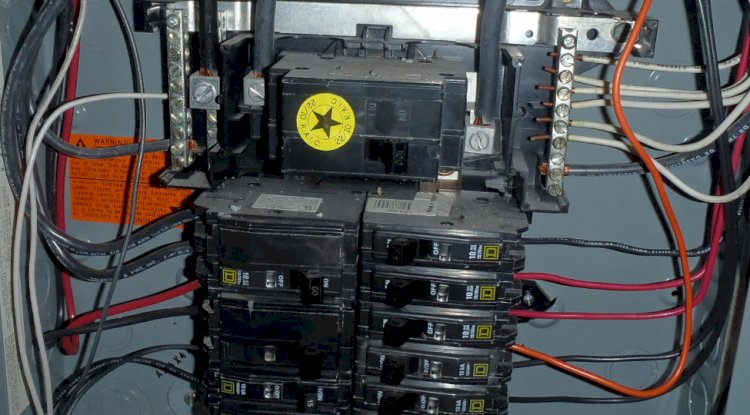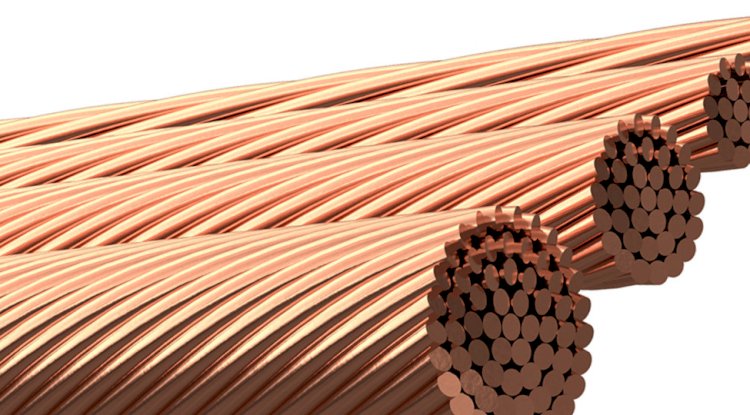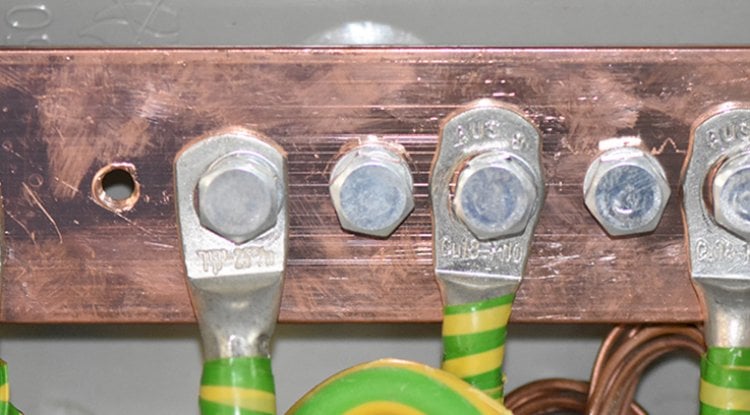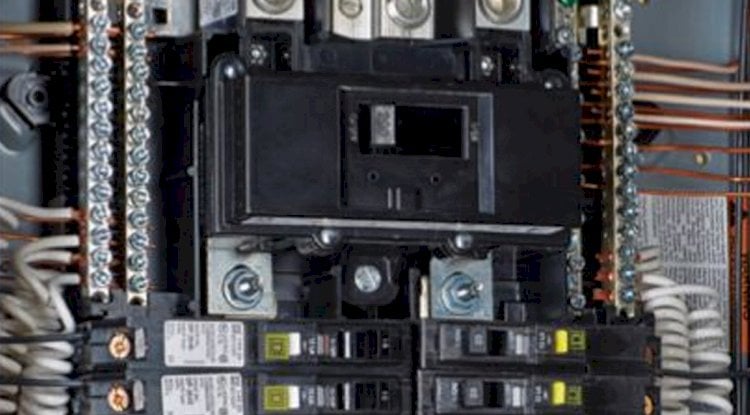Dan Asked:
How do I run a 120 volt AC feeder from the main service panel (30 Amps) to a subpanel in a garage? Do I need to carry the ground wire in the feeder cable to the subpanel ground, which is required to be attached to a ground rod at the garage? If not, can I just run 2-wire cable to the subpanel?
Our Answer:
The National Electrical Code article 250.32 covers this section, however, it is one of the longest and most complex sections in the entire grounding chapter, and it can be very confusing.
The code allows two (2) scenarios.
Scenario #1 requires your garage to be a separate structure and that there are no metallic connections between the garage and the main building.
This means that if you took an ohm-meter and measured the resistance between the main structure and the garage, you would have a very high (open) resistance (thousands of ohms). (Note: some codes require at least 200 ohms or more to be considered open). You cannot have a copper wire phone or data cable, metal conduit, metal plumbing, or any other conductive connection between the two structures. When this happens, you may only bring normally current-carrying conductors (Phase and Neutral) to the garage subpanel and you MUST have a neutral-to-ground bond in the panel, with a proper grounding electrode system.
Scenario #2 would occur for a garage that is attached or has any metal connection such as phone lines, or CATV, or data lines, or water pipe, etc.
This means that if you took an ohm-meter and measured the resistance between the main structure and the garage, you would have a very low (closed) resistance (near zero to a few ohms). (Note: some codes consider a measurement of less than 200 ohms to be closed). When this happens, you must bring an appropriately sized equipment grounding conductor over with the circuit to the subpanel, you MUST NOT have a neutral-to-ground bond in the panel, and the grounding electrodes are optional (although highly recommended).
Which Scenario is Recommended?
For many many reasons, we highly encourage you to use Scenario #2. Especially given the uncertainty of the future and what may be installed at a later date. Frankly, the NEC should ban Scenario #1 all together for residential use, because it is very dangerous if not installed correctly. And in our experience, they rarely if ever are installed properly.
The reasons for the differences in these two scenarios has to deal with the way normal operating neutral currents travel back to the primary transformer AND how fault currents will travel back to the transformer.
If you do not have a copy of the NEC Handbook, we would encourage you to get it as the illustrations will be vital for you.
The Engineering Experts at E&S Grounding Solutions
Let's Talk! Schedule a FREE Phone Consultation Today.
Wherever you're located, learn how good a fit we are for your project.







